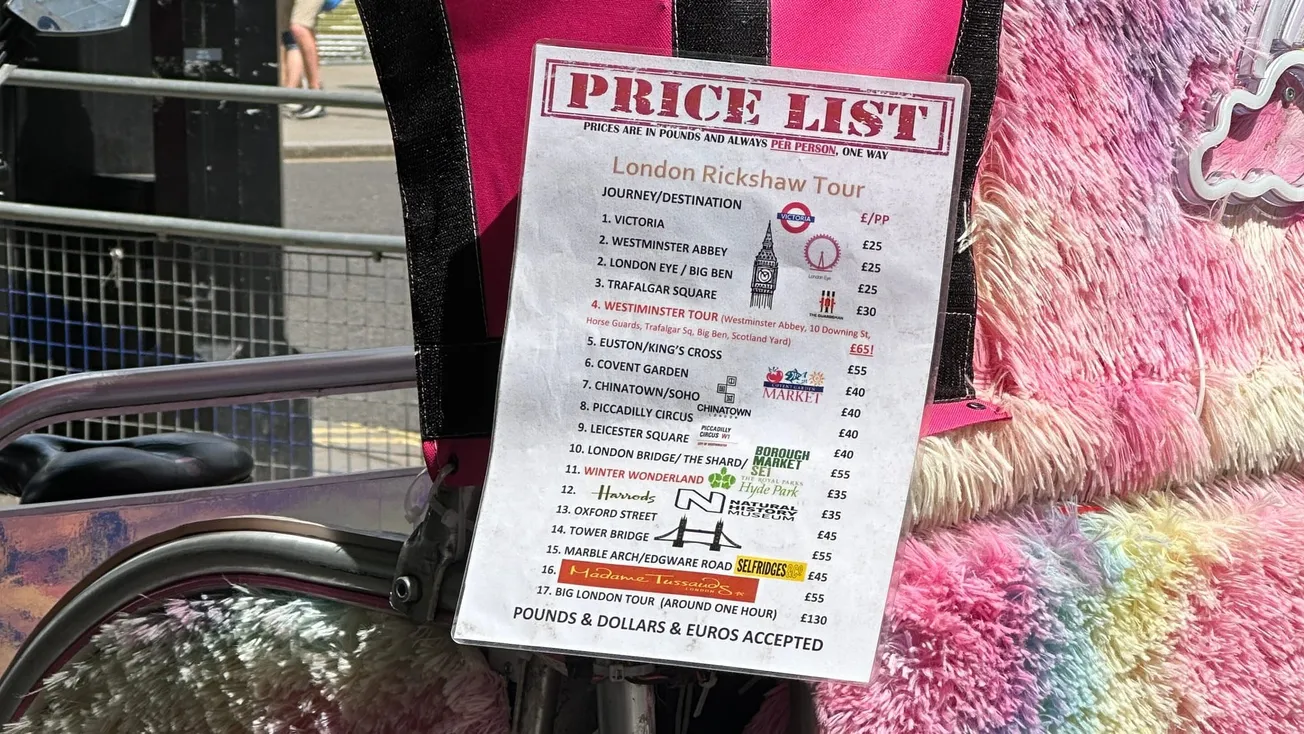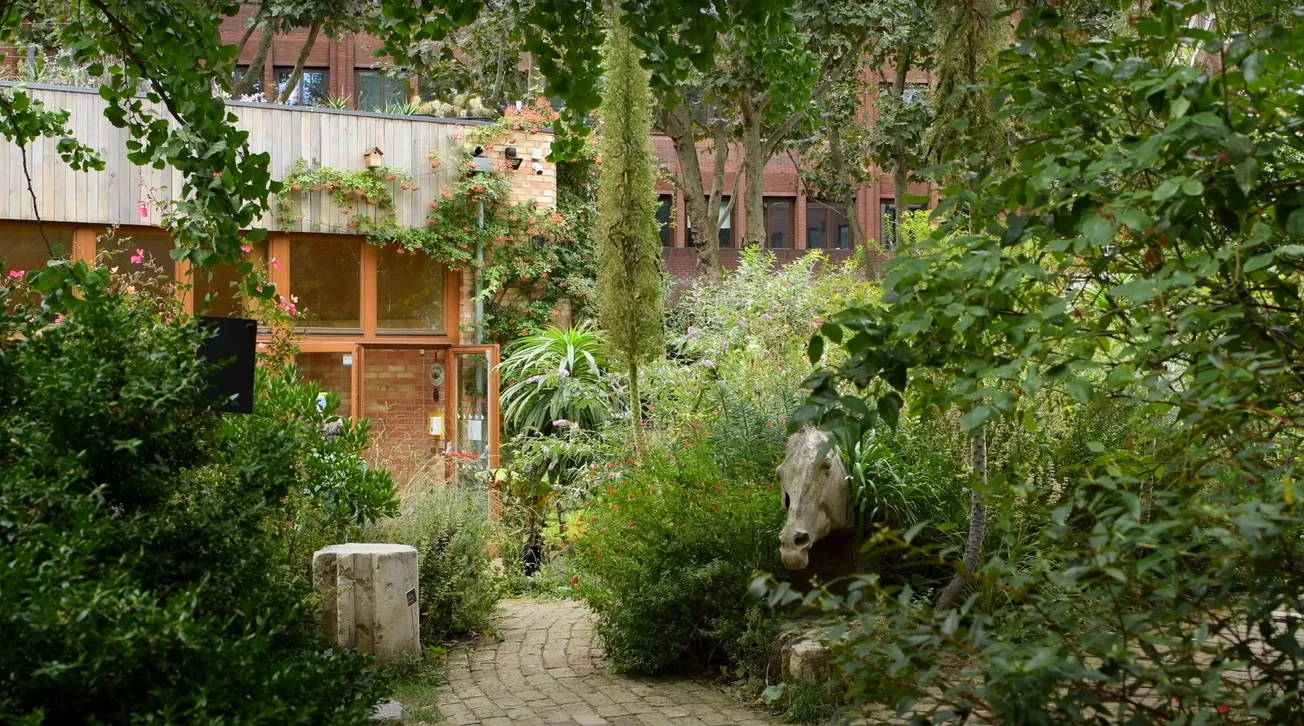It can be hard to show what the downsides of excess tourism look like in the capital, beyond the odd grumble about the number of American accents on the tube. But if you had to choose one place in London to demonstrate the point, it would probably be Park West Apartments, perched on a quiet backstreet just north of Hyde Park, away from the massing crowds of Oxford Street.
A towering expanse of redbrick apartments, it’s hard to get a sense of the size of it from the outside; walk along the road that cuts through the middle of the block and you’ll notice the sheer number of flats that encircle you on every side. These are home to thousands of Londoners. Or at least they should be.
Like dozens of other blocks of flats in inner London, from Soho to Camden Market, it’s essentially a ghost block, a building used largely to house the city’s growing tourist population. At least a fifth of the 530 flats in this building are used as Airbnbs or other short term lets for tourists, more than all the rooms in the Ritz. Residents describe a merry-go-round of tourist arrivals that has slowly cut away at their building’s “sense of community”. It’s a dynamic playing out across London’s inner boroughs: over 10,000 homes in Westminster are used as short-term holiday lets rather than private rentals. Meanwhile in Camden, a whopping 25% of all rented homes are short-term lets.
Although it’s unlikely that most Londoners would be able to afford to buy or rent a flat in Hyde Park or central Soho anyway, their transition from homes lived in by locals to short-term lets for visitors means there’s a smaller supply of housing left for everyone else — at a time when finding an affordable home in the capital is already harder than ever.
The realisation that the city’s huge tourism industry has a direct and often negative impact on Londoners, from housing to congestion and more demand for public services, has led to a growing consensus that something has to be done. Local councils, the mayor, opposition parties, businesses: most seem to be, uncharacteristically, in agreement that we need to find a way to start taxing tourists in the capital. The problem? No-one can agree on who the money should go to — or how it should be spent.

Comments
How to comment:
If you are already a member,
click here to sign in
and leave a comment.
If you aren't a member,
sign up here
to be able to leave a comment.
To add your photo, click here to create a profile on Gravatar.






